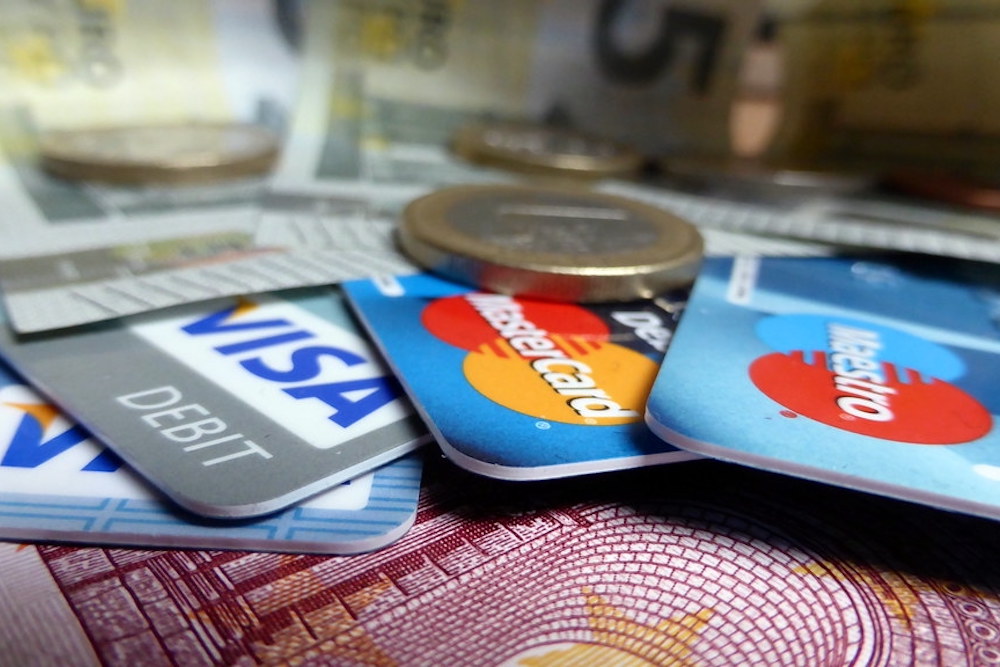
Money doesn’t buy happiness; I hear that a lot. And to an extent, I’d agree.
I do believe that a large part of happiness comes from within. But money does buy food, heating, clothing, and lighting. It gives us freedom of choice and it’s essential to our existence in the modern western world. Without a regular income, life can become very difficult to manage, which can lead to serious mental health worries.
People with an existing mental health condition might find it more difficult to manage their finances. This can happen for all kinds of reasons, becoming addicted to the high or rush of spending large amounts of cash, buying items that they don’t really need to make themselves feel better. Gambling or feeling pressured into giving money to other people who ask for it. Maxing out credit cards or taking loans that are difficult to repay. Excessive spending on nights out, or recreational drugs and alcohol to fill a void all contribute to financial pressure and worry.
Then there’s general mismanagement of finances, overspending, wanting to appear solvent to other people, while secretly getting further into debt which is often the reality for many, mental health condition or not.
I remember years ago, my grandma having a tin with labelled segments, and in each section she’d put aside money for the gas, electric, water rates, TV licence, food and insurance. She was a good example of how to make sure that everything was paid and if she didn’t have any money left over at the end of the month, she wouldn’t take credit to buy it, she’d wait until the following month to buy whatever it was. I wonder if anyone does that kind of thing anymore?
I didn’t learn money management in school, which would have been helpful, it may have prevented me running up a £500 store card bill when I was 18, at the time it felt like I had a credit card that was loaded with free money that I could spend on dresses and bags and never have to pay back. I thought of it as Monopoly money. It was only when the interest exceeded the small amount, I’d set aside to repay the principal each month that I realised I’d bitten off more than I could chew. I set up a debt repayment scheme with the lender and eventually managed to pay it all back.
This became a salutary lesson in how credit cards work, and I soon realised why my grandma had never had one!
Nowadays we live in a society where we want what we want, and we want it now. That often means, using credit to keep up with the latest tech, fashions, cars, and houses.
Since the pandemic hit there’s been an increase in zero hours contracts, reduced working hours and most recently, cuts in financial support and benefits. That means less income into the home, but with the same number of outgoings each month. Being able to support yourself and your family does require money. So, what can you do if you find that your outgoings are exceeding your incomings and you’re struggling to manage?
1. Get a physical copy of your latest bank statement
2. Make a list of every single incoming and outgoing payment down to the last penny – work out how much money you need to break even.
3. Do you pay for things that you no longer need or use?
4. Use a price comparison website to see if you are receiving the most competitive rate for your utility bills, and mobile phone, switch providers if you can get the same service cheaper elsewhere. I did this recently and made major savings on my gas, electric and phone bills
5. If you have debts that need repaying, speak to the lender. They will have a policy that can help you, avoiding them won’t make it go away. It’s better to be honest and tell them exactly what’s going on, they want to help you
6. If you have several debts, see if you can consolidate them and pay one reduced amount each month.
7. Call Citizens Advice, they will be able to give you free impartial advice about what to do in your circumstances
8. Can you increase your income by picking up extra shifts at work, or selling items that you no longer need or want at a car boot sale, or an online marketplace?
9. If you have a child at school, make sure that they are receiving free meals and any other support that they are entitled to. Lots of families have found themselves in financial hardship, through no fault of their own, the school will understand and act with discretion if you explain your situation to them
10. Food banks operate locally, get in touch with them to find out how you can apply, a free food parcel might be enough to free up some money to pay another bill
11. If possible, avoid pay day loans, they’ll just increase the debt.
Money doesn’t buy happiness, but not having enough of it can make you feel really, unhappy, worried, and scared about the future. Easier said than done but try not to panic, there is help available for you.
The Samaritans: call 116 123
www.citizensadvice.org.uk/debt-and-money/help-with-debt/
Shannon Humphrey is a Youth and Adult First Aid for Mental Health Instructor, find out more about her work at www.pathwaysforpositivity.com
Photo: “Credit Cards and Cash” by Sean MacEntee is licensed under CC BY 2.0


